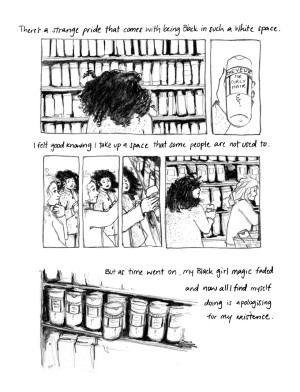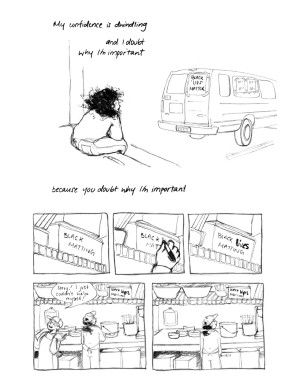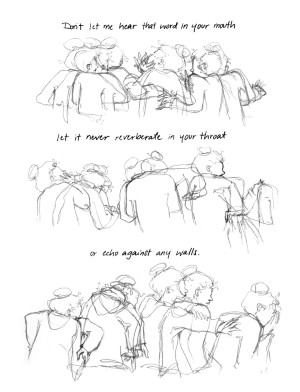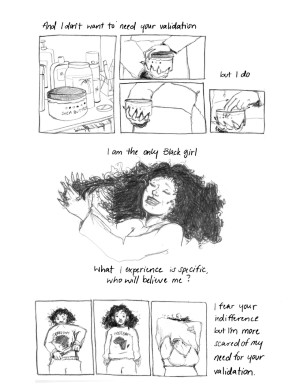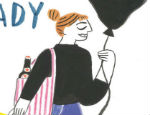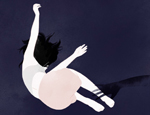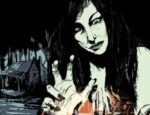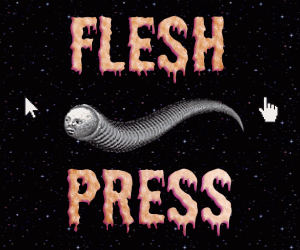The last time we reviewed the work of Robyn Smith at Broken Frontier it was when we covered her collaboration with writer Jamila Rowser on the short comic Wash Day here. The Saddest Angriest Black Girl in Town (currently crowdfunding on Kickstarter) reprints Smith’s 2016 autobiographical comic and will be published by Rowser’s Black Josei Press who specialise in stories for and by Black and Brown women. Out of print for a number of years, the crowdfunding campaign provides a welcome opportunity for bringing this powerful piece of autobio comics back and putting it in the hands of the far wider audience it deserves.
https://www.kickstarter.com/projects/jamilarowser/the-saddest-angriest-black-girl-in-town/
The Saddest Angriest Black Girl in Town is an account of Smith’s own experiences as one of the only Black people living in a small rural town. It details how that situation affected her own wellbeing, combining social commentary with graphic medicine in a compelling series of interlinked vignettes that explore the place where Blackness and mental health converge. Split into three sections ‘Sad’, ‘Angry’ and ‘Black’, Smith’s reflections have something akin to a diary comics quality to their construction but simultaneously border on the realms of graphic poetry, with a carefully crafted use of language that is both rhythmic and profoundly resonant.
In the first section ‘Sad’ Smith’s observations are both insular and exterior; self-consciousness about being Black in an environment that is predominantly white – “I upset a sort of white peace and I can’t help but feel sorry for making you feel uncomfortable” – and a sense of suppression of identity, “I simplify myself. I don’t know if it is because I don’t consider myself worth the complexity or I simply doubt that you may be able to comprehend it.”
The reality of the seeming contradiction of being “ignored but constantly observed” is a throughline that runs across all three sections of the comic. In ‘Angry’ we see how the regular cycle of dealing with unthinking privilege, casual racism, and those with an oblivious lack of self-awareness, chips away at her mental health in insidious increments. It culminates in a devastating final page that, for all its quiet despair, will undoubtedly be one of the most potent images you will absorb in a comic this year.
The third section ‘Black’ acts as a coda to its predecessors, intensely candid and uncompromising in the truths it espouses with a defiant yet also resigned eloquence. Visually, Smith’s pages switch from sketch-style realism to looser, impressionistic layouts as she moves from the anecdotal to more emotionally raw or impactful sequences. There’s a fragility to her art here that draws the reader all the more deeply into the reflective nature of the work.
For those of us who sit at the very centre of the Venn Diagram of privilege this will be an often uncomfortable read. And so it absolutely should be. As we’ve said on so, so many occasions here at Broken Frontier comics as a form have a remarkable ability to communicate personal experience on the most deeply empathetic level in a way that no other medium can. You won’t find a finer example of that than The Saddest Angriest Black Girl in Town.
This isn’t just a recommended read. It’s an essential one.
Back the comic on Kickstarter here!
Now available on the Black Josei online store
Review by Andy Oliver





